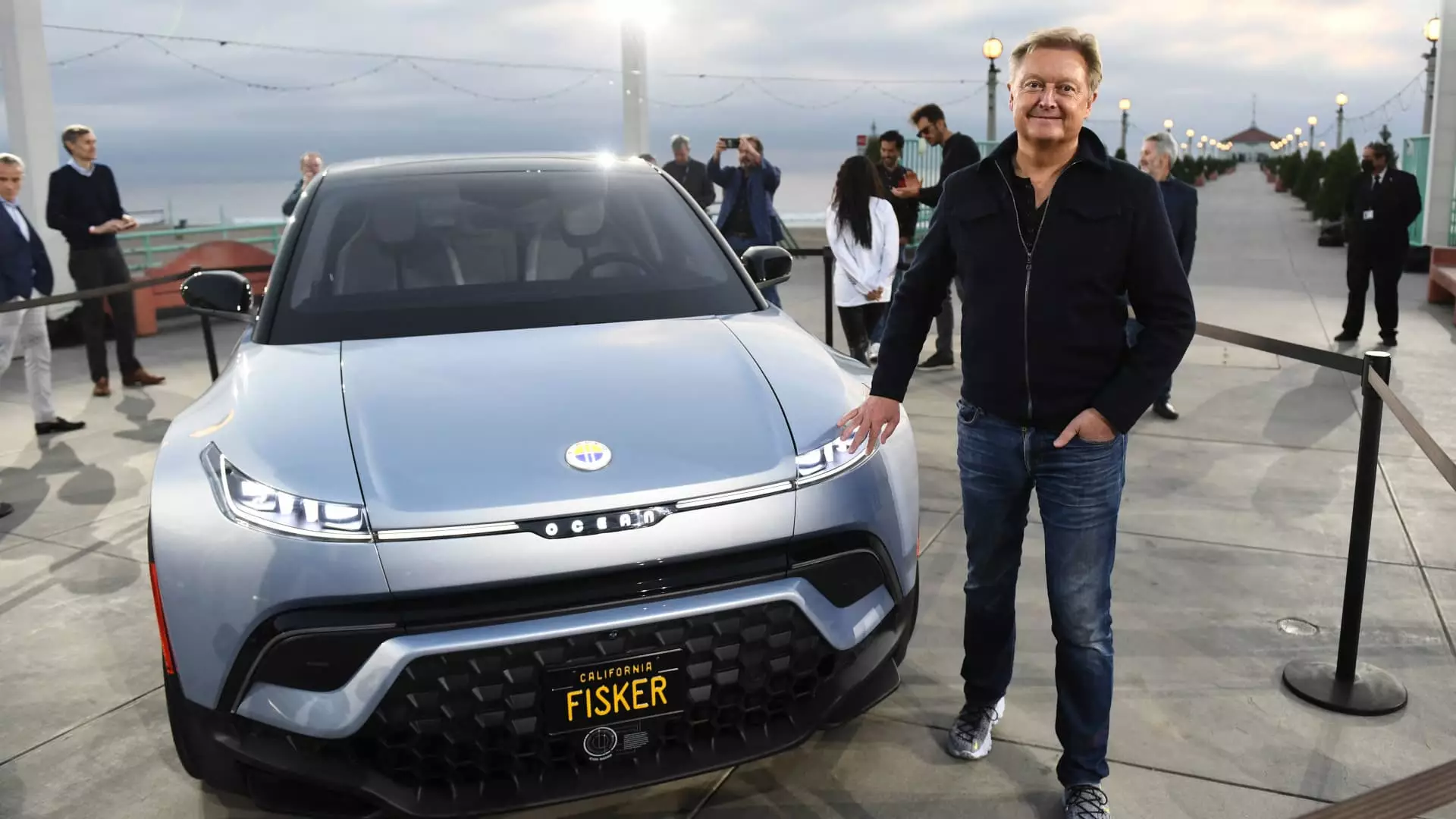The recent Chapter 11 bankruptcy filing by Fisker, a once-promising all-electric vehicle startup, adds to a growing list of failed companies in the electric vehicle (EV) industry. Lackluster consumer demand, significant cash burn, operational challenges, and product issues have plagued Fisker, leading to its downfall. The collapse of Fisker follows other SPAC-backed companies such as Proterra, Lordstown Motors, and Electric Last Mile Solutions that have faced similar fates. Despite the rise of U.S. electric vehicle leader Tesla, the broader industry has struggled to replicate its success, leading to a string of bankruptcies and financial hardships.
Fisker’s attempt to go public through a reverse merger with an Apollo-backed special purpose acquisition company in 2020 was met with optimism. However, the deal infused Fisker with more than $1 billion in cash, and the company’s valuation of $2.9 billion set high expectations. Fisker’s decision to partner with Canadian auto supplier Magna to manufacture its vehicles was seen as a cost-effective strategy. However, this “asset-light” approach backfired as the company faced significant issues with its operations and the launch of its first product, the Ocean SUV EV. The management of the company, particularly the chief financial officer and chief operating officer, came under scrutiny for their handling of the situation.
Fisker’s troubles were compounded by quality control issues that led to the recall of thousands of Ocean SUVs in North America and Europe due to vehicle software problems. The company’s Chapter 11 filing revealed outstanding debts to software and engineering companies, including major creditors such as Adobe, SAP America, and Manpower Group. The costly recalls, combined with the operational challenges and rising costs, pushed Fisker to the brink of bankruptcy. Despite its estimated assets of $500 million to $1 billion, the company struggled to generate revenue and meet consumer demand for its electric vehicles.
For Henrik Fisker, the founder and CEO of Fisker, the recent bankruptcy filing marks the second time one of his car companies has faced financial ruin. The parallels between the two failed companies, Fisker Automotive and the latest Fisker venture, are hard to ignore. Both companies were hyped as industry disruptors and were fueled by investor interest in the growing EV market. However, both companies fell short of expectations, faced quality-related issues, and failed to sustain profitability. Despite claiming to have learned from past mistakes, Henrik Fisker found himself in a familiar situation as his new company collapsed under financial pressures and operational challenges.
The collapse of Fisker has left investors in a precarious position, as the company’s stock was delisted in April, and its future remains uncertain. The failure of the second Fisker highlights the risks associated with investing in the volatile EV industry, where companies often struggle to balance production, consumer demand, and operational efficiency. With government support waning and investor interest shifting, EV startups face an uphill battle to compete with established players like Tesla. The demise of Fisker serves as a cautionary tale for aspiring EV manufacturers and investors looking to capitalize on the green energy revolution.
The rise and fall of Fisker underscore the challenges facing the electric vehicle industry. While the allure of EVs and the promise of a sustainable future drive innovation, companies like Fisker must navigate a complex landscape of regulatory hurdles, market pressures, and consumer preferences. The lessons learned from Fisker’s demise can help shape the future of the EV industry and guide stakeholders in making informed decisions that promote long-term success and sustainability.


Leave a Reply